If you’ve recently noticed your TPMS (Tire Pressure Monitoring System) light flashing on your dashboard, it’s time to pay attention. As a responsible driver, ensuring that your TPMS is in proper working condition is crucial for safe driving.
A TPMS inspection guarantees that your tire pressure sensors function optimally and play a vital role in maintaining vehicle safety. Let’s highlight why the “TPMS inspection required”, how they contribute to road safety, and how you can ensure your TPMS is always up to par. Stay tuned for valuable insights on keeping your tire pressure sensors in check and driving with peace of mind.
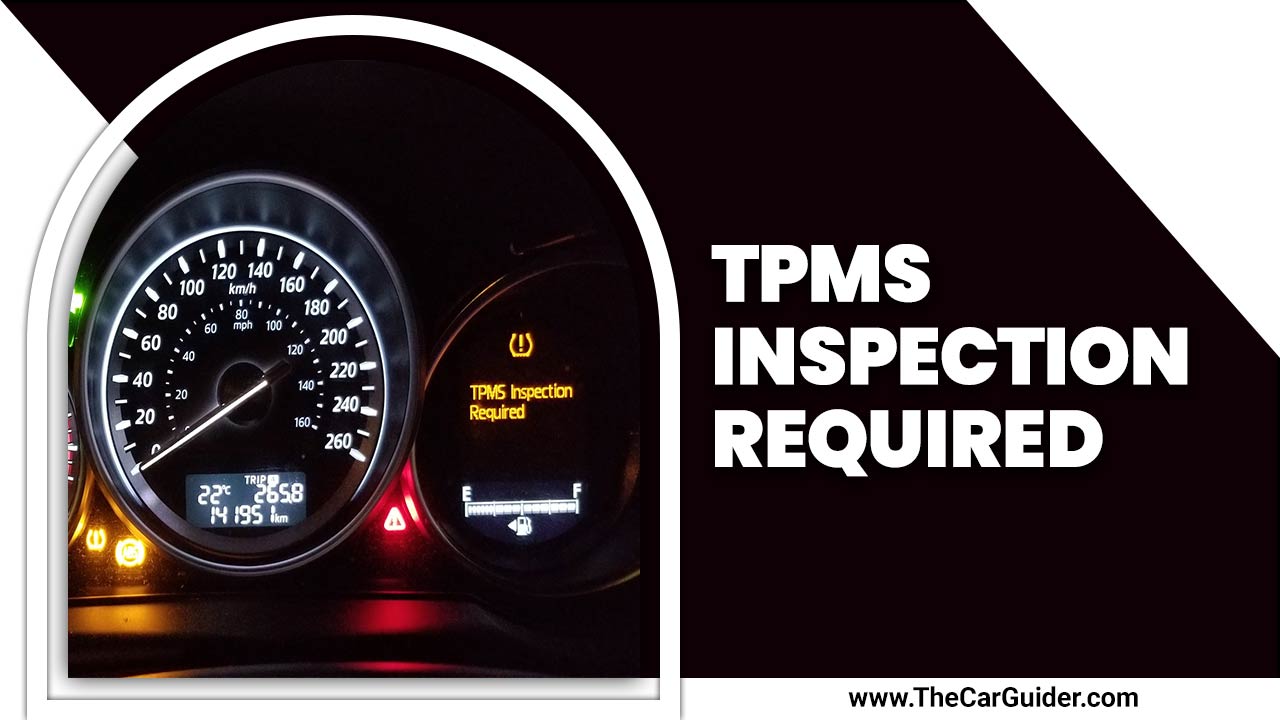
Key Takeaways:
- TPMS ensures tire safety by monitoring air pressure and alerting drivers of issues.
- Regular TPMS inspections enhance safety, fuel efficiency, and tire lifespan.
- Neglecting TPMS can lead to safety risks, poor handling, and increased repair costs.
- TPMS inspections are essential during routine maintenance or when warning lights appear.
- Professional TPMS maintenance ensures optimal functionality and vehicle safety.
Understanding How TPMS Works And Its Significance
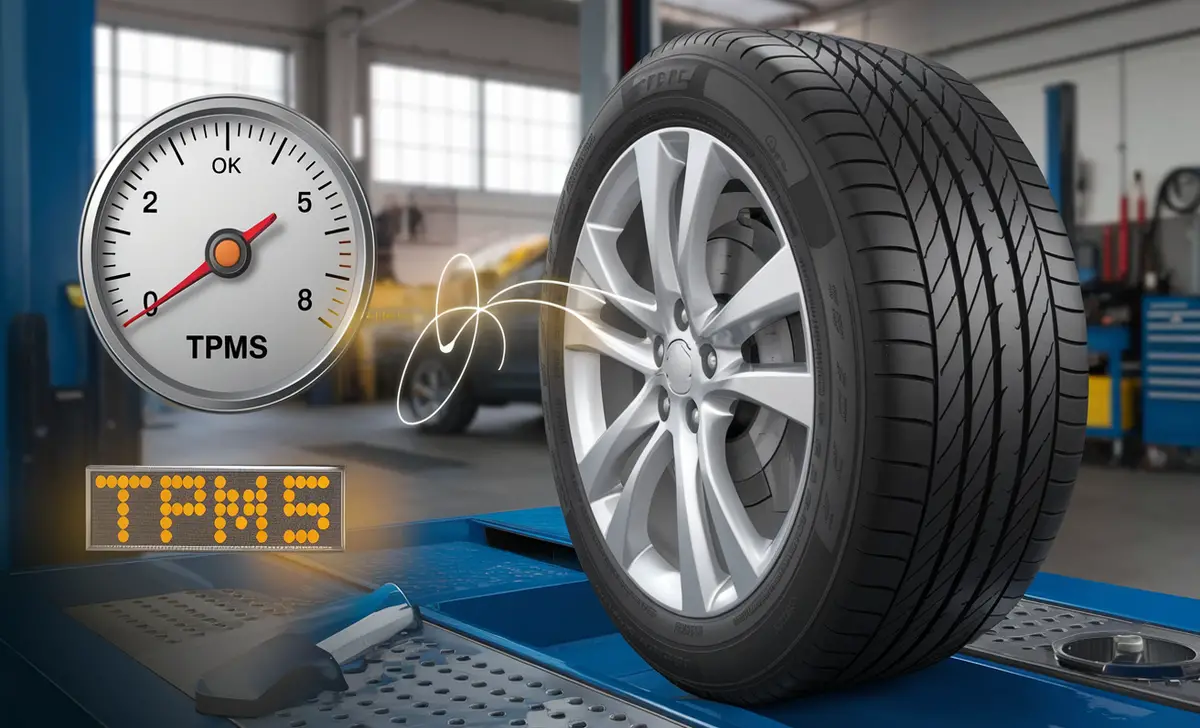
Regarding TPMS (Tire Pressure Monitoring System), there are two main types: indirect TPMS and direct TPMS.
”Indirect TPMS utilizes the vehicle’s anti-lock braking system to monitor tire pressure, while direct TPMS uses sensors in each tire to provide real-time pressure readings.”
The Function:
TPMS, or Tire Pressure Monitoring System, uses sensors to monitor the air pressure in each vehicle tire. These sensors transmit data to the vehicle’s onboard computer, which then alerts the driver if tire pressure drops below a certain threshold, indicating a potential pressure loss or flat tire.
Cooper Tire recommends incorporating TPMS checks into routine maintenance and wheel alignment to maximize tire performance and safety on the road. Properly functioning TPMS alerts drivers of underinflated tyres and improves overall vehicle handling and stability.
1.What Is TPMS?
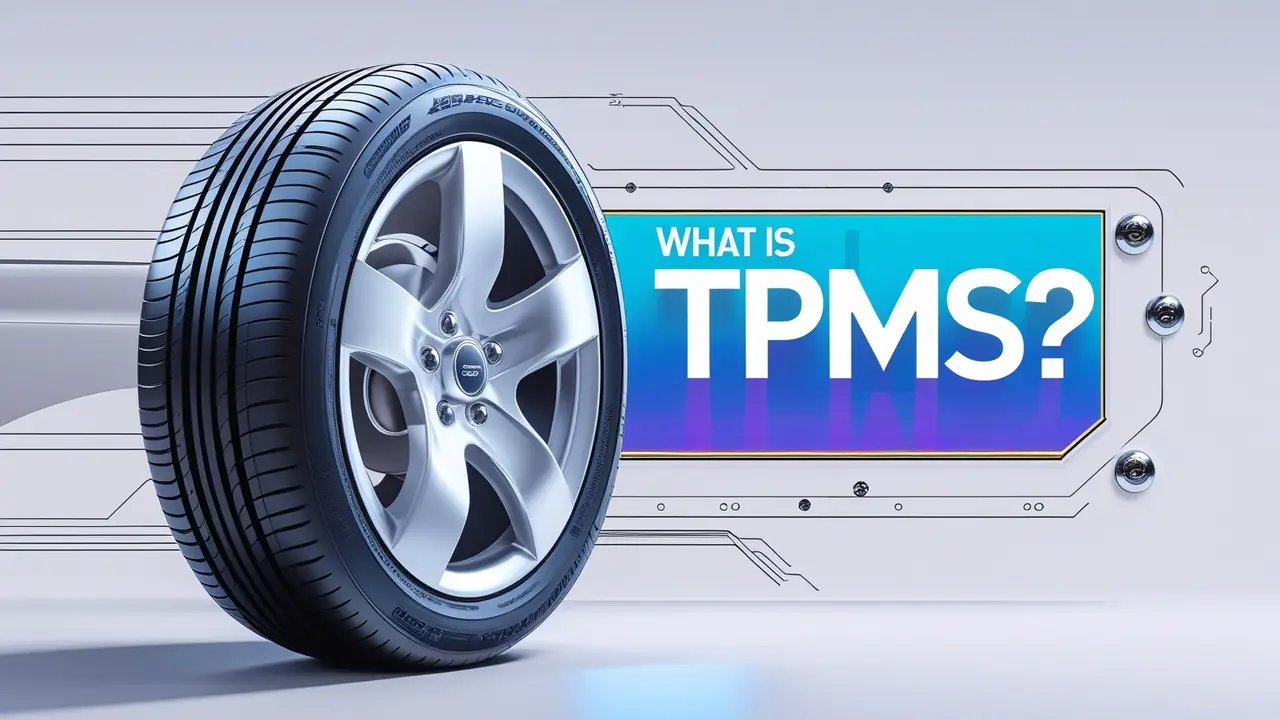
TPMS stands for Tire Pressure Monitoring System. It’s a safety feature in vehicles that monitors the air pressure in each tire and alerts the driver if the pressure drops below a certain threshold.
Understanding how TPMS works is crucial as it plays a significant role in maintaining optimal tire pressure, ensuring safety, improving fuel efficiency, and extending tire lifespan. Regular vehicle inspections should include checking the TPMS to ensure it functions correctly.
2.Why Is TPMS Inspection Required?
TPMS inspection is necessary to ensure that the system is functioning correctly. Proper tire pressure is essential for safety, fuel efficiency, and tire longevity.
3.When Should I Inspect My TPMS?
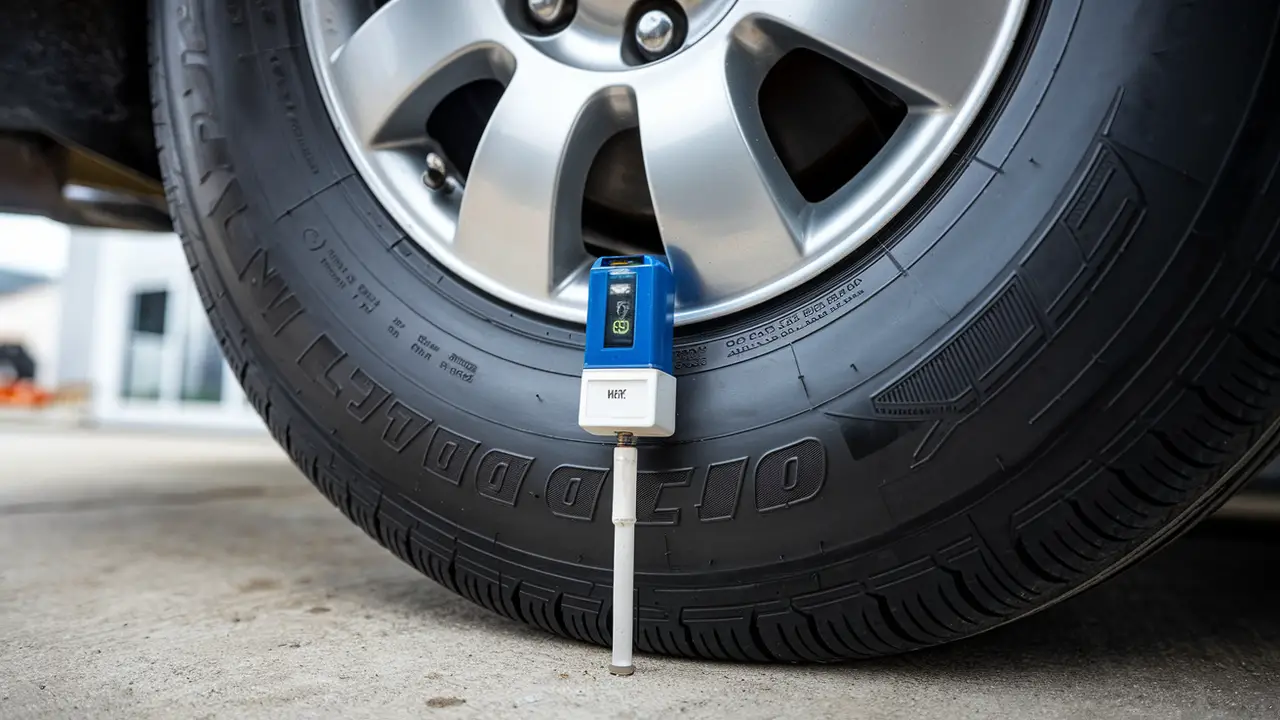
TPMS should be inspected regularly, ideally during routine vehicle maintenance or whenever you notice a warning light indicating low tire pressure.
4.How Do I Know If My TPMS Needs Inspection?
If the TPMS warning light illuminates on your dashboard, it indicates a potential issue with the system, and inspection is required.
5.What Happens During A TPMS Inspection?
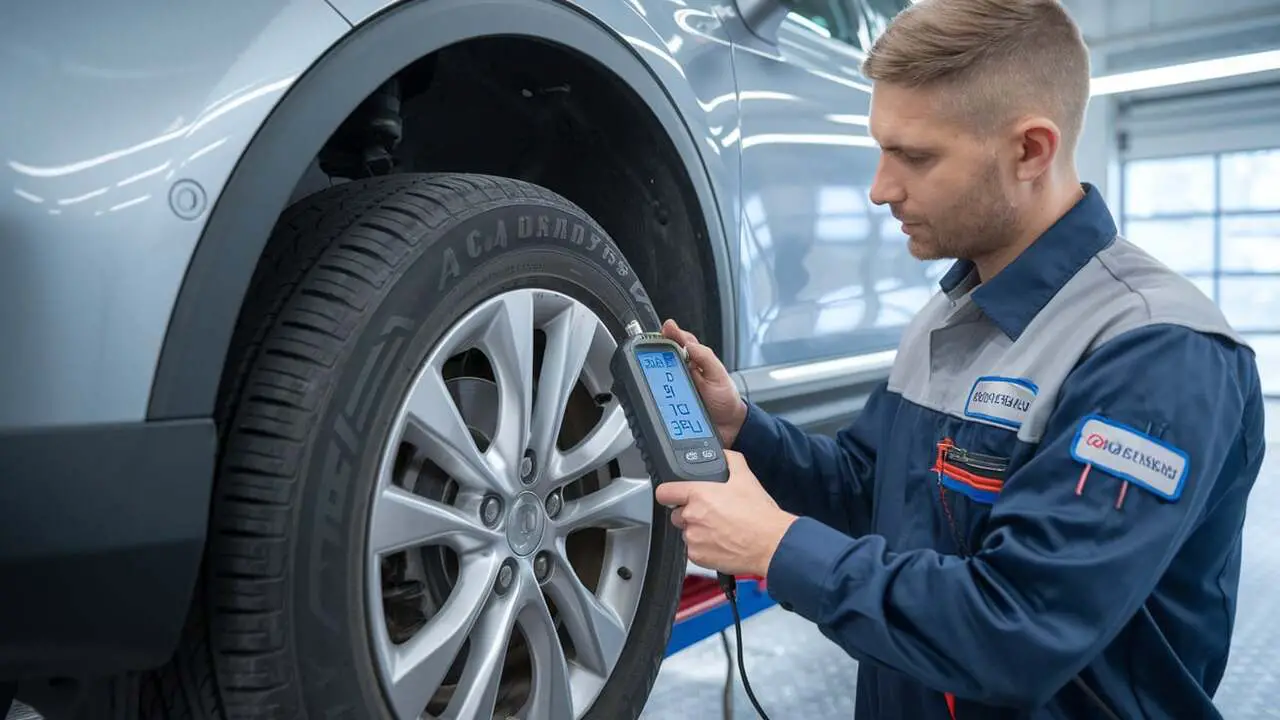
During a TPMS inspection, a technician will check the system for any faults, including sensor malfunctions, low battery levels, or communication errors. They will also ensure that the tire pressure readings are accurate.
6.Can I Inspect My TPMS Myself?
While you can visually inspect your tires for signs of damage or low pressure, diagnosing TPMS issues typically requires specialized tools and expertise, so it’s best left to trained professionals.
7.How Often Should I Replace TPMS Sensors?
Depending on usage and environmental factors, TPMS sensors typically last around 5-7 years or longer. However, if a sensor fails or the battery dies, it must be replaced sooner.
8.What Are The Consequences Of Ignoring TPMS Warnings?
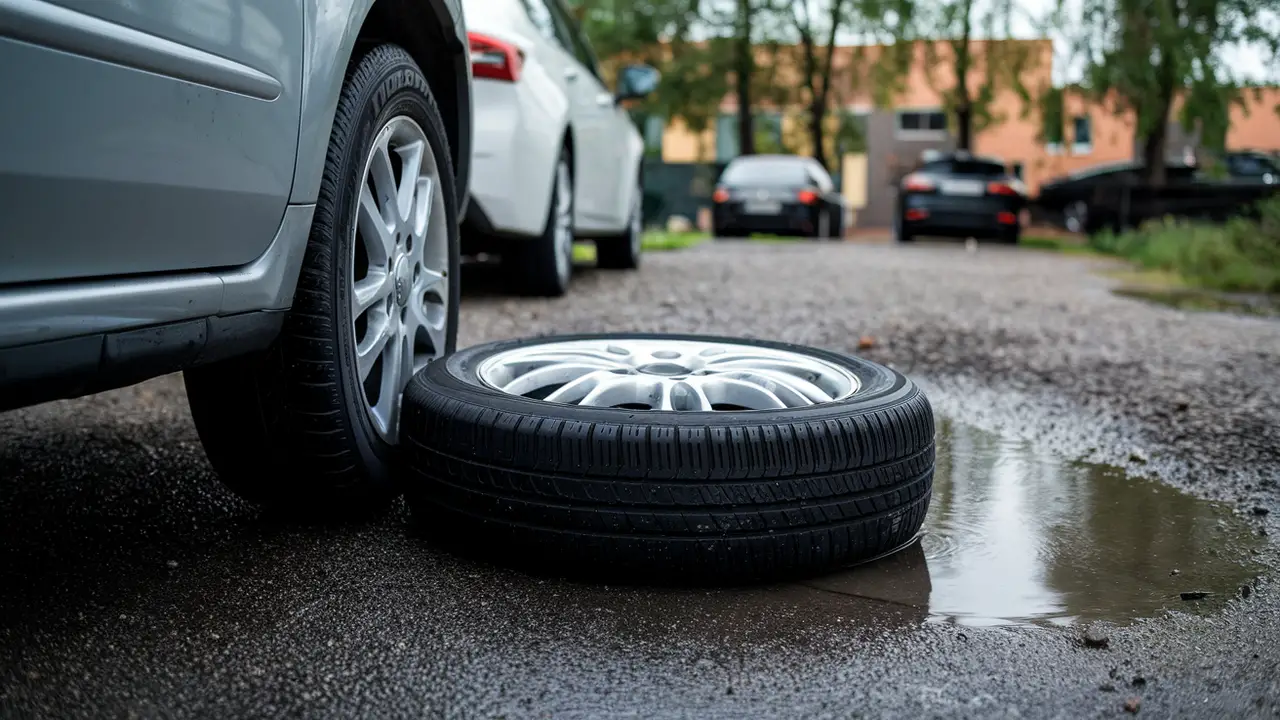
Ignoring TPMS warnings can lead to unsafe driving conditions, decreased fuel efficiency, tire damage, and increased risk of accidents due to underinflated tires.
9.Does TPMS Inspection Cost Extra During Regular Maintenance?
Depending on the service provider, TPMS inspection may or may not be included in regular maintenance services. It’s essential to inquire about TPMS inspection, specifically when scheduling maintenance.
10.How Can I Ensure My TPMS Remains In Good Condition?
To maintain your TPMS, regularly check tire pressure, avoid driving with underinflated tires, and address any TPMS warnings promptly by scheduling inspections and repairs as needed.
Regular TPMS inspection ensures that your vehicle’s tire pressure monitoring system functions properly, promoting safety and optimal performance on the road.
Benefits Of Regular TPMS Inspections
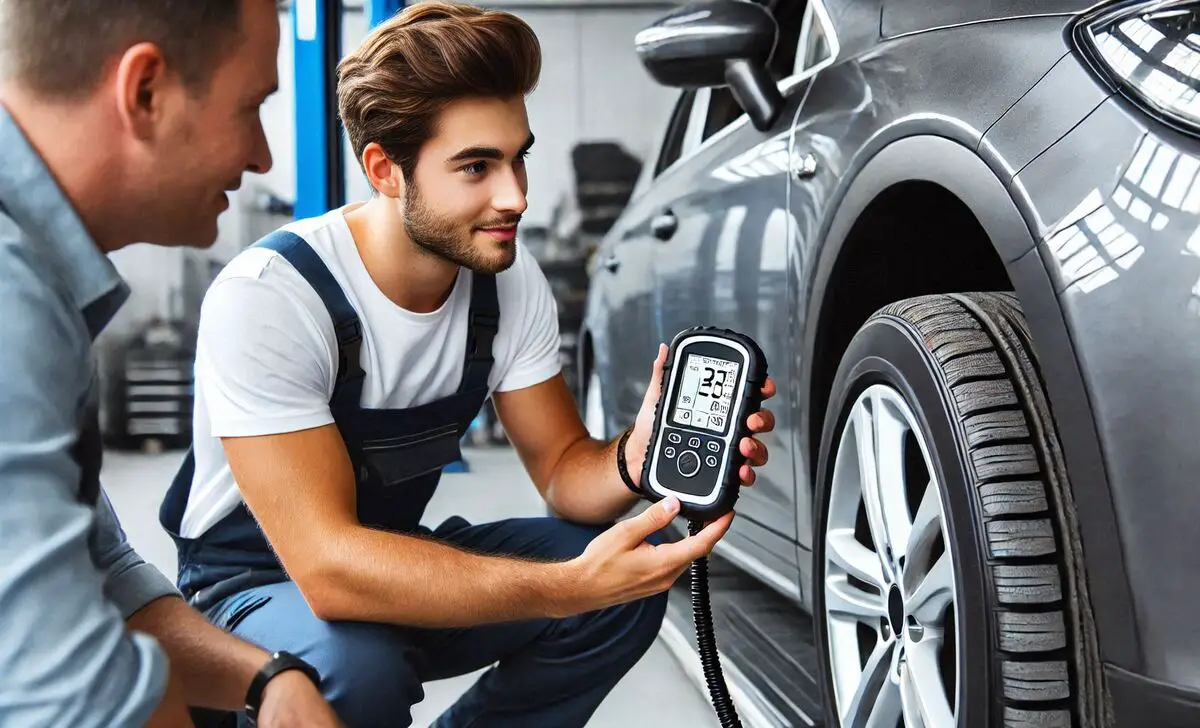
Regular TPMS (Tire Pressure Monitoring System) inspections are crucial for maintaining vehicle safety and performance. Ensuring your TPMS functions correctly helps prevent tire-related issues and even saves you from costly engine repairs.
Benefits Of Regular TPMS Inspections:
- Enhanced Safety: Properly inflated tires reduce the risk of blowouts and accidents, especially when using different tire brands or winter tires.
- Improved Fuel Efficiency: Correct tire pressure optimizes fuel consumption, saving you money at the pump.
- Extended Tire Life: Regular inspections help ensure even tire wear, prolonging the lifespan of your tires.
- Preventative Maintenance: Addressing TPMS alerts early can prevent the engine light from indicating more severe problems, reducing the need for costly engine repairs.
- Integrated System Checks: Regular inspections often include SCBS (Smart City Brake Support) inspection, enhancing overall vehicle safety systems.
Regularly inspecting your TPMS ensures safer driving conditions, better fuel efficiency, and longer tire life.
Know When A TPMS Inspection Is Required

Knowing when an inspection is required for your vehicle’s TPMS (Tire Pressure Monitoring System) can help ensure your safety on the road. Look out for signs such as
- SCBS inspection alerts,
- TPMS issues indicating low tire pressure,
- Changes in tire size affecting sensor readings, or
- If you’ve recently had brake repairs that might have impacted the TPMS sensors.
Most modern motor vehicles are equipped with TPMS to alert drivers of underinflated tires, which can lead to reduced traction and control. Regular inspections and maintenance can prevent potential issues and keep your TPMS functioning accurately.
If you notice any warning lights or unusual tire behaviour, it’s best to have a professional inspect your TPMS system promptly to avoid any safety risks while driving.
Consequences Of Neglecting TPMS Maintenance
Neglecting Tire Pressure Monitoring System (TPMS) maintenance can lead to serious issues, compromising both safety and vehicle performance. Proper TPMS maintenance is essential for fleet services and individual drivers alike.
- Underinflated Tire: Driving with underinflated tires increases the risk of blowouts, reduces fuel efficiency, and causes uneven tire wear.
- Safety Risks: Inaccurate tire pressure can lead to poor handling, longer stopping distances, and increased chances of accidents.
- Vehicle Damage: Ignoring TPMS warnings can cause damage to your wheels and suspension system over time.
- Warranty Issues: Failure to maintain TPMS as the vehicle manufacturer recommends can void warranties and impact insurance claims.
- Season Tires: Regular TPMS checks are crucial when switching between season tires to ensure optimal performance and safety.
Following car care tips and regularly inspecting your TPMS can prevent these issues, ensuring a safer and more efficient driving experience.
How To Prepare For A TPMS Inspection
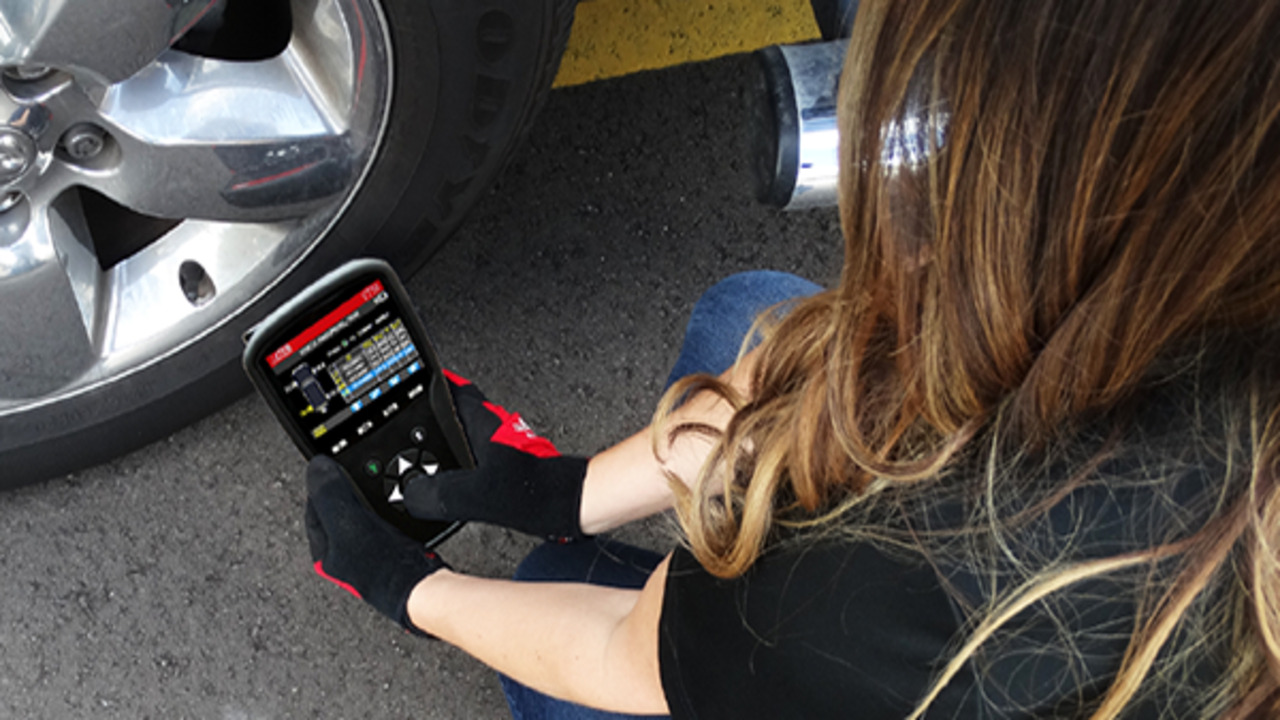
To prepare for a TPMS inspection, ensure your tires are properly inflated to the optimal tire pressure recommended by your vehicle manufacturer.
Additionally, consider scheduling a tire rotation if it’s due, as this can help ensure even tire wear. Turn on your vehicle and look for the TPMS warning light on the dashboard. If the light stays on or flashes, it may indicate a sensor problem.
Common Issues Found During TPMS Inspections And How To Address Them
A “TPMS Inspection Required” alert appears, signaling potential issues with your tire pressure monitoring system. Regular TPMS inspections are crucial for tire maintenance and overall vehicle safety. Common problems identified during these inspections can include flat tires, sensor malfunctions, or incorrect tire pressure readings.
Solutions:
- Flat Tire: A flat tire can trigger the TPMS alert. Inspect and replace the flat tire promptly.
- Sensor Malfunction: TPMS sensors can fail due to battery depletion or damage. Replace faulty sensors to restore accurate monitoring.
- Incorrect Tire Pressure: Ensure all tires, including the new tire, are inflated to the recommended pressure levels.
- Brake System Impact: Low tire pressure can affect the brake system and vehicle speed. Regularly maintain and inspect tires to prevent this issue.
- Tire Rotation and Replacement: After tire maintenance, such as rotation or replacement, recalibrate the TPMS to ensure accurate readings.
Addressing these common issues promptly ensures your TPMS functions correctly, enhancing vehicle safety and performance.
Get The Right Professionals For TPMS Inspection And Maintenance
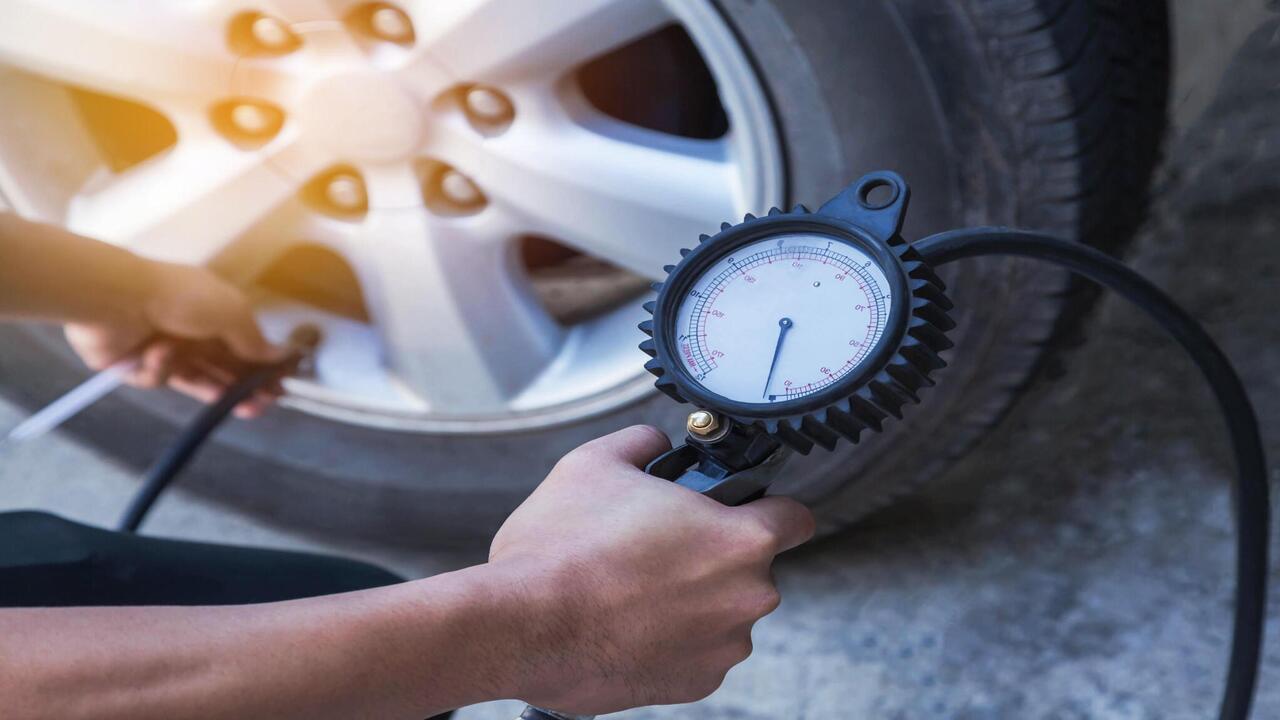
Look for certified technicians with expertise in TPMS systems and experience working with your specific vehicle make and model. Verify that the professionals use proper diagnostic tools and follow manufacturer guidelines for inspection and maintenance procedures.
Here are some ideas to help you find professionals for TPMS inspection and maintenance:
- Local Auto Repair Shops
- Tire Shops
- Dealerships
- Online Directories
- TPMS Service Centers
- Mobile Mechanics
- Manufacturer Websites
- Online Reviews and Ratings
Conclusion
Knowing that TPMS inspection is required for your vehicle helps ensure its safety and efficiency, which is an optimistic reason. Regularly checking and maintaining your TPMS system can catch any potential issues early on and prevent more significant problems.
It is important for drivers to understand the importance of TPMS inspections and to stay informed on any necessary maintenance or repairs to their vehicle’s TPMS system. By taking these necessary steps, drivers can ensure their safety on the road and avoid any potential issues with their tires.
Frequently Asked Questions
1.What Does TPMS Inspection Mean?
TPMS inspection refers to checking the pressure and condition of all four tyres and the system sensors. It ensures that you properly inflate and maintain your vehicle’s tires. Most states require a TPMS inspection as part of regular vehicle inspections.
2.Is TPMS A Legal Requirement?
Yes, TPMS is a legal requirement in many countries. It has been mandatory in the US since 2007. TPMS helps drivers maintain proper tire pressure and prevent accidents caused by tire issues. Non-compliance can lead to fines or legal penalties.
3.Is TPMS Service Necessary?
Regular TPMS service is necessary to ensure proper tire pressure and safe driving. Over time, TPMS sensors can become damaged or inaccurate, posing safety risks.
Maintaining regular TPMS service can extend tire lifespan and improve fuel efficiency. Consult a professional mechanic for TPMS service and maintenance.
4.What Does It Mean When Your Car Says TPMS Service Is Required?
When a car displays the message “TPMS service required,” it means that there is a problem with the Tire Pressure Monitoring System (TPMS). The TPMS is responsible for monitoring the air pressure in the tires and warning the driver if the pressure is too low or too high.
The message could indicate a malfunction in the TPMS sensors or a loss of communication between the sensors and the car’s computer system. Servicing the TPMS promptly ensures accurate tire pressure readings and maintains optimal driving safety.
5.What Are State TPMS Regulations?
State TPMS regulations vary across the United States. Each state has its own requirements for TPMS inspection. Some states mandate an annual TPMS inspection as part of the vehicle’s safety check, while others only require it during emissions testing. To ensure compliance, being aware of your state’s specific regulations is important.
6.How Much Does It Cost To Replace A TPMS Sensor?
The cost to replace a TPMS sensor varies depending on the vehicle make and model. Typically, it can range from $50 to $200 per sensor, including installation.
7.Do You Have To Replace The TPMS Sensors With New Tires?
It’s not always necessary to replace TPMS sensors when changing tires unless they are damaged or malfunctioning. However, inspecting and potentially replacing them during tire changes is recommended for optimal safety.
8.Does Law Require TPMS Sensors?
Yes, TPMS sensors are mandated by law in many regions for all vehicles manufactured after a certain year. They enhance vehicle safety by monitoring tire pressure and alerting drivers to low-pressure conditions through the TPMS warning light.
9.How Do You Remove A TPM Sensor Without Removing The Tire?
You need a specialized tool to remove a TPMS sensor without removing the tire. This tool allows access to the sensor outside the wheel, avoiding tire removal. During a safety inspection or other maintenance, such as brake or engine repair, it is best to do it as part of fleet service.